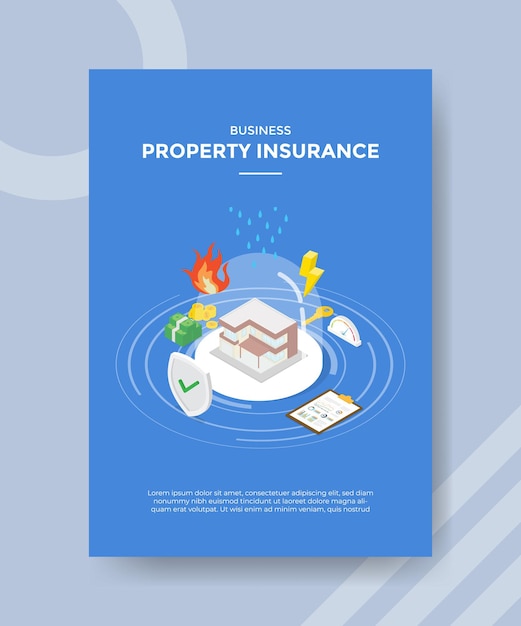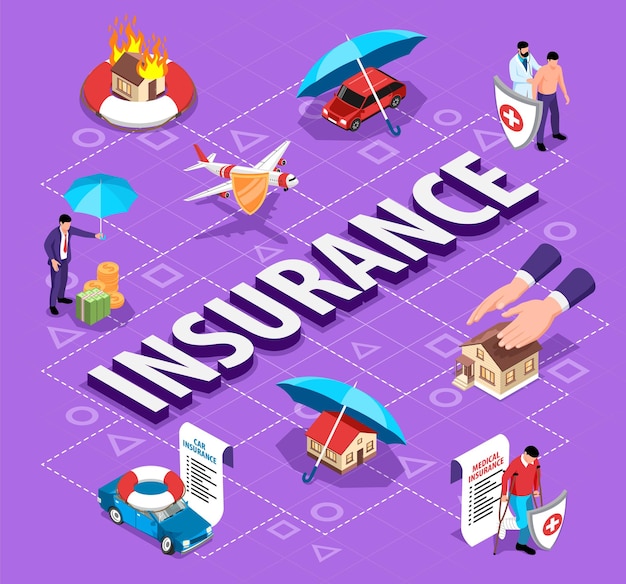
Most people initially shop for insurance when they acquire a new asset like a house or car. Upon securing their policy, many take a backseat approach, only revisiting their terms when faced with premium payments or filing a claim. Generally, they retain the same insurance policy year on year without much contemplation or review. Hence, countless individuals end up overspending on insurance or owning insufficiently protective policies. The realization of their inappropriate or outdated plans often doesn’t occur until an unfortunate event takes place.
Now, let’s talk about three reasons why it is crucial to revisit your insurance annually or perhaps semi-annually, to avoid unexpected expenses and unwanted surprises.
#1 Value Replacement vs. Current Value
You must understand the correlation between the value of what you aim to protect and your coverage. The significant factors here are whether your policy compensates Replacement Cost Value (RCV) or Actual Cash Value (ACV). RCV concerns reimbursement of lost or damaged properties, replacing them with comparable items based on their current market value. Conversely, ACV centres around the depreciated worth of properties, considering factors like damaged conditions, market value losses and worn-out parts.
For instance, if you insured your outdoor kitchen at its installation stage, and, five years later, it succumbs to a fire incident, RCV coverage should cater for a similar replacement. On the other hand, ACV coverage deducts the kitchen’s depreciated value over the years before compensation. With frequent increases in construction materials and labor costs, the depreciated value might be a fraction of the kitchen’s replacement cost. While RCV offers full replacement, it costs more than ACV, which is cheaper but less comprehensive.
#2 Neglected Items
Unfortunately, many homeowners wrongly assume all their properties are covered. Your recent expensive acquisition, whether it’s a laptop, luxury watch, or iPhone, may not be included in your standard home insurance policy. Standard policies typically neglect certain items like fine arts, antiques, gold coins, musical instruments, firearms, and select consumer electronics. Similarly, special assets like vintage sports cars may require distinct coverage.
You should discuss with your insurance agent about including your valuable assets to ensure adequate coverage. Be aware that insurance companies can cover virtually anything, but more cover may require additional costs.
#3 Uncovered Hazards
Liabilities related to home ownership responsibilities are essential. For example, did you know that if a diseased tree falls on your home, you may not be entitled to any coverage? If a rotten tree branch fell on your neighbor’s property, you might be held liable for the damages. Such a scenario might violate your policy’s terms on property maintenance.
Not knowing your policy details can leave you uninsured in the face of unexpected calamities. Violating policy rules like home maintenance standards or owning specific dog breeds can cause insurance companies to drop you. Similarly, having your house situated in a flood-prone area or outdated electrical wiring and facing related damages may leave you uninsured.
Conclusion – Conduct Annual Insurance Check-in
Make a habit of revisiting your coverage every year. Discuss with your agent or broker possible deductions, how to save money, and improve your coverage through higher deductibles. Don’t assume all your valuable assets are covered unless explicitly specified. Also, take insurance updates seriously and review them thoroughly to identify any new exclusions leaving you underinsured.
Tom Kerr writes for CompareWallet.com among other platforms. With several years of experiencing writing, he has even bagged awards for his work.


